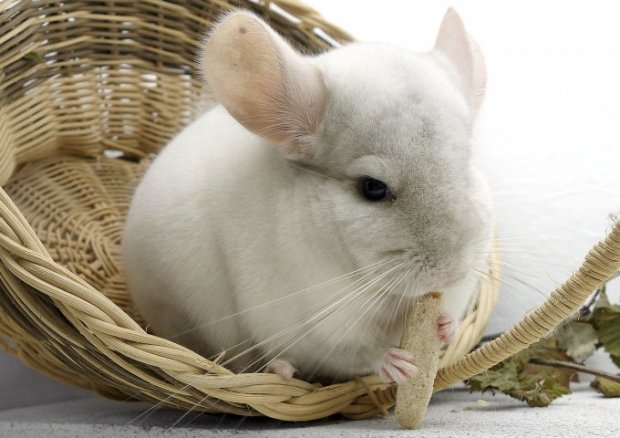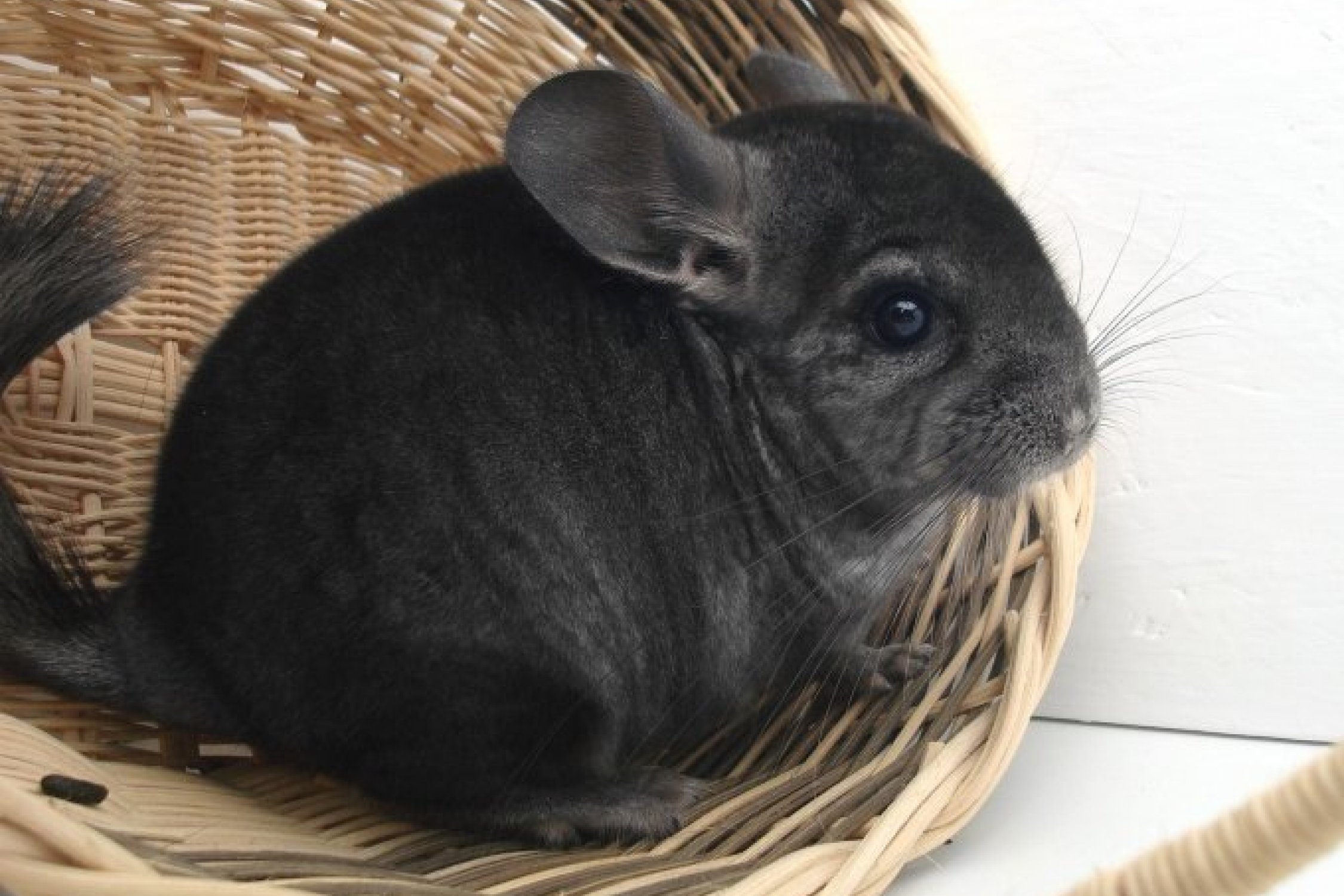All kinds of diseases occurring in small rodents, are able to almost immediately destroy them, the consequence of which may even be death. The most dangerous are the ailments, which we do not notice and thus will not be properly treated. Therefore, it is worth learning something about the most common diseases that affect them.
CHINCHILLA DISEASES AND THEIR SYMPTOMS
Owners of chinchillas who do not have much experience with breeding chinchillas are often late to notice that their animals are ill. It's only when the animal is lethargic for a few days and stops eating or drinking that they start to worry about its health. Sometimes it is too late for help, so you should still observe chinchillas and monitor their behaviour every day.
MOST COMMON DISEASES OF CHINCHILLAS
- sleepiness - chinchillas are usually quite active in the evenings, so sudden sleepiness and lack of willingness to leave the cage may be a sign of illness. Especially if the situation is prolonged.
- lack of appetite - these animals have different nutritional needs, so there are days when they eat more or when they eat little. However, if the food remains intact in the bowl for a long time, we must immediately go to the vet.
- weight loss - fluctuation of body weight between 10 and 20g is normal, but bigger drops in body weight should be a signal for us that there is something wrong with chinchilla. Often owners don't notice that the animal has lost weight because of the large amount of fur. It is therefore important to take the chinchilla in your arms every day and weigh it on accurate electronic scales.
- skin changes or change of fur appearance - bald patches on the body, unpleasant smell that comes out of them and constant scratching of the animal are signs of such problems as ringworm or skin infection.
- hair gnawing - if your pet gnaws its own hair, it is a signal that it is stressed. The reason may be lack of company, inappropriate place where the cage is located or the climate in the room.

DISEASES OF CHINCHILLAS - EPILEPSY
- convulsions/paralysis and other neurological symptoms - such symptoms may indicate serious neurological problems, therefore a vet should be consulted as soon as possible. There is also a possibility that the animal has a vitamin deficiency that needs to be supplemented.
- lack of thirst - such a symptom heralds a disease, so it is important to change the animal's water every day and check on the drinker how much liquid it has drunk.
- too much thirst - too much water drunk by a chinchilla may also be a sign of disease or improper diet.
- crumbling of food - when the chinchilla starts to crumble sticks and is not able to eat anything hard, it is a signal that its teeth should be taken care of.
- drooling - intensive drooling of the animal is a proof that the process of teeth overgrowth is very advanced. It is necessary to take action as soon as possible to save the animal from death.
- pus in the eyes - white discharge appearing in the corners of the animal's eyes can be a symptom of pneumonia, so you should immediately consult a vet. Sometimes it is also a sign of overgrown tooth roots.
- lack of excrements - if we notice that poops are too little or there is no poop at all, or that their colour and shape is different from the norm, it can be a sign of digestive problems. You can cope with constipation by giving the animal herbs which improve digestive system. It's also worth letting your chinchilla run around the house, as movement is also good for such problems. It is also important to massage the belly of the chinchilla.
DISEASES IN CHINCHILLAS - TREATMENT METHODS
If you are concerned about chinchilla behaviour or notice any of the symptoms listed above, you should react immediately. You should visit a good veterinarian with experience, who knows how to take care of exotic animals.


